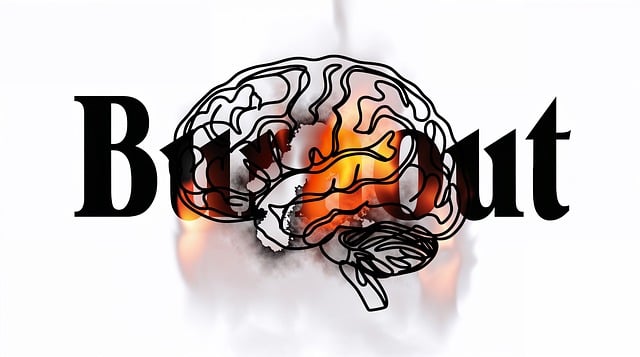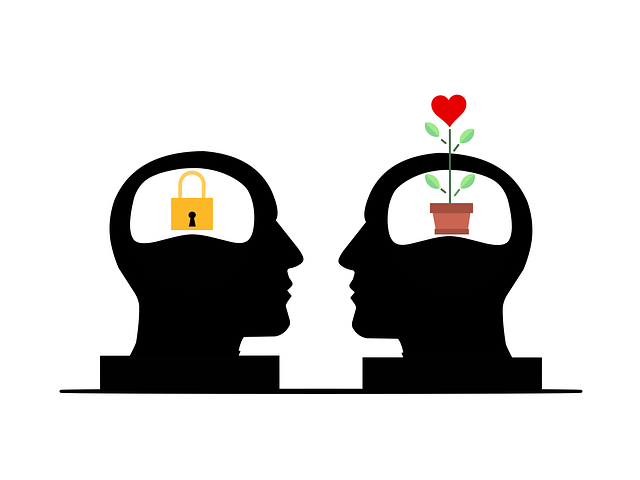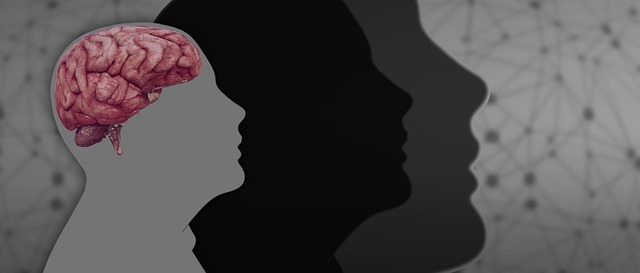Mental Health Crisis Hotlines offer 24/7 support for teens experiencing emotional distress, drug abuse, or substance use disorders. Staffed by professionals, these hotlines provide therapy, crisis intervention, and suicide prevention services, reducing stigma and guiding users to tailored programs like Mental Wellness Coaching. Specifically targeting adolescent pressures, they address academic stress, peer issues, and addiction, teaching life skills and emotional regulation through individual/group therapy and medication-assisted treatment (MAT). Open communication is key to leveraging these resources for improved mental well-being.
In today’s fast-paced world, mental health crisis hotline support services play a vital role in assisting individuals navigating through intense emotions and thoughts. These 24/7 resources offer immediate assistance, providing a safe space for vulnerable folks, especially adolescent teens grappling with unique challenges. With drug and substance abuse being a significant concern among youth, understanding how these hotlines cater to therapy for adolescent teens is crucial. This article explores various aspects of crisis hotline services, focusing on their effectiveness in addressing drug abuse-substance abuse issues.
- Understanding Mental Health Crisis Hotlines
- Targeting Adolescent Teens: A Unique Focus
- Addressing Drug and Substance Abuse
- Utilizing Support Services Effectively
Understanding Mental Health Crisis Hotlines

Mental Health Crisis Hotlines serve as vital resources for individuals experiencing acute emotional distress or facing challenges related to drug abuse and substance use. These 24/7 services provide immediate support, offering a safe space for people to connect with trained professionals who can offer guidance, crisis intervention, and sometimes even therapy for adolescent teens. The hotline operators are equipped to handle a wide range of issues, from suicide prevention and self-harm to addiction recovery and mood management.
Understanding the urgency behind mental health crises, these hotlines play a crucial role in reducing the stigma associated with mental illness. Through anonymous conversations, they foster open dialogues that encourage individuals to seek help without fear of judgment. Moreover, by directing users towards appropriate resources, including therapy services for drug abuse and substance abuse, crisis hotline support services contribute to the development of comprehensive Mental Wellness Coaching Programs.
Targeting Adolescent Teens: A Unique Focus

Many mental health crisis hotline support services specifically target adolescent teens, recognizing the unique challenges and issues they face during this pivotal period of their lives. This demographic often struggles with a range of concerns, including stress related to academic pressures, peer relationships, and the pressing issue of drug abuse or substance use disorders. Therapy for adolescent teens is tailored to address these specific needs, focusing on not just treating immediate crises but also fostering essential life skills.
Effective hotline support can play a crucial role in burnout prevention among teens by offering early intervention and guidance. Communication strategies and emotional regulation techniques are often imparted during these interactions, empowering young individuals to cope with stress and difficult emotions healthily. By reaching out to this support network, adolescents can gain access to valuable resources that promote their well-being and set them on a path towards better mental health.
Addressing Drug and Substance Abuse

Many mental health crisis hotline support services extend their reach to address drug and substance abuse among adolescent teens. This is crucial given the significant overlap between mental health issues and addiction, where one may exacerbate the other. Therapy for adolescent teens struggling with drug abuse-substance abuse often involves a combination of individual counseling, group therapy, and sometimes medication-assisted treatment (MAT). Community outreach programs play a vital role in identifying at-risk youth and connecting them to these services early on, preventing escalation into more severe mental health crises or substance use disorders.
Implementing successful community outreach programs requires risk assessments for mental health professionals to understand the unique needs of different communities. By gaining insights into local trends, cultural factors, and prevalent substances of abuse, professionals can tailor their approaches to boost confidence in seeking help among teens. This proactive strategy not only ensures that those struggling with drug and substance abuse receive necessary support but also fosters a culture where open dialogue about mental health is encouraged.
Utilizing Support Services Effectively

When facing a mental health crisis, especially for adolescent teens grappling with drug abuse or substance abuse issues, accessing support services effectively is paramount. The first step involves recognizing when help is needed and reaching out to dedicated hotline services that offer confidential and immediate assistance. These hotlines are staffed by trained professionals who can provide guidance, support, and resources tailored to the individual’s unique situation.
Utilizing these services effectively requires a willingness to be open and honest about one’s struggles. Teens experiencing drug abuse should communicate their specific challenges, such as access to substances, co-occurring mental health disorders, or any history of trauma. Hotline counselors can then offer evidence-based strategies like compassion cultivation practices, resilience building techniques, and mind over matter principles to foster healing and recovery. By embracing these support services, adolescent teens can take proactive steps towards overcoming their challenges and navigating a path toward improved mental well-being.
Mental health crisis hotline support services play a vital role in addressing issues like drug and substance abuse among adolescent teens. By providing easy access to therapy, these hotlines offer a game-changer solution for young people in crisis. Understanding the unique needs of this demographic and utilizing these services effectively can lead to positive outcomes and indelible transformations in their lives. Remember that, in today’s digital era, these hotlines are more accessible than ever, ensuring help is just a call away.














